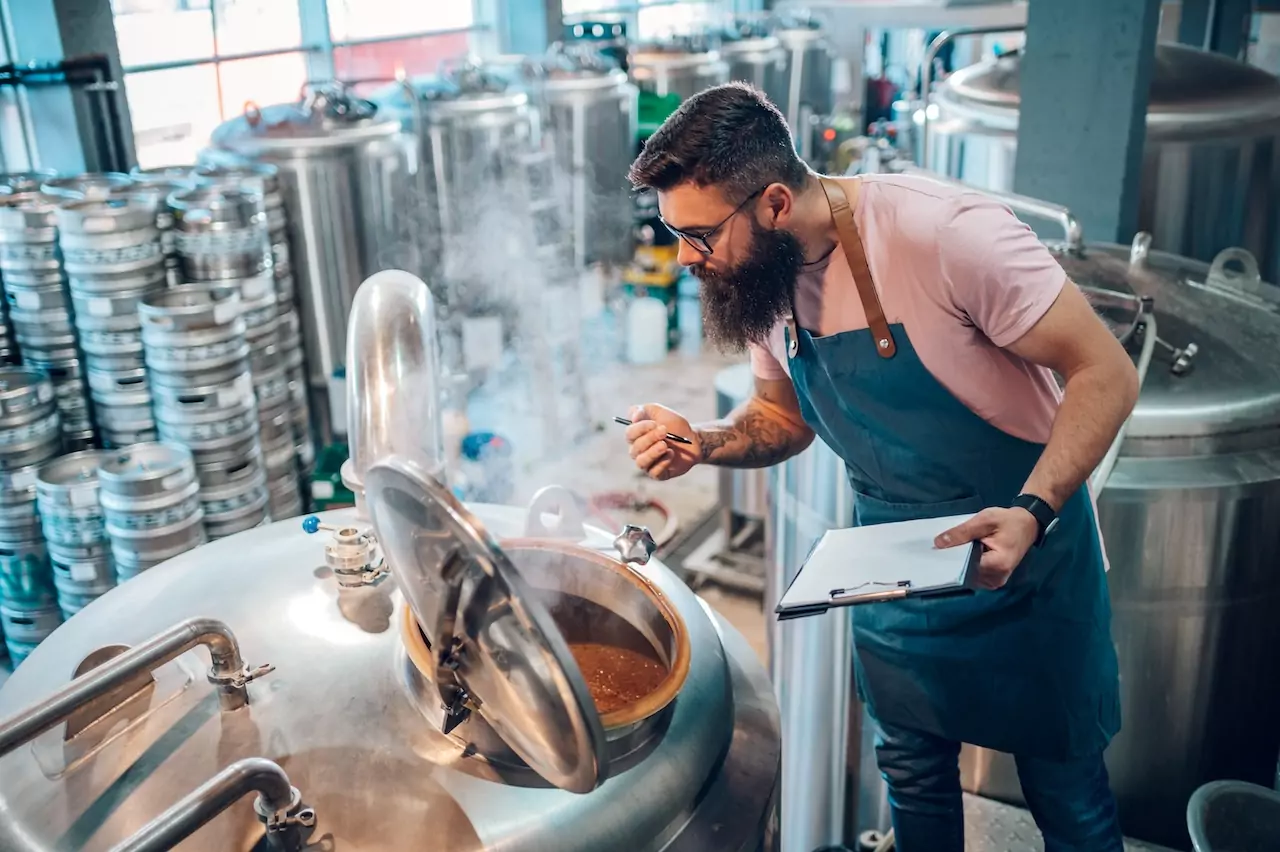Table of contents
Who would have imagined that a process as ancient as fermentation would become one of the most vibrant areas of food and technological innovation today? Bread, wine, beer and cheese are just a few examples of how fermentation has shaped our diet for millennia. Today we have entered phase 2.0: a new generation of agritech and biotech start-ups is reinventing this ancient method, taking it far beyond traditional boundaries.
What is the new fermentation?
In a nutshell, fermentation 2.0 combines the most advanced technologies with traditional fermentation processes:
- biotechnology, engineered yeasts and bacteria to produce specific and innovative substances;
- digital and automation, intelligent sensors and AI to monitor and optimise every step of the process;
- sustainability, intelligent transformation of waste into useful resources, reducing waste and environmental impact.
Start-ups in turmoil, leading examples
- Perfect Day (USA): milk without cows? It is possible thanks to microbial fermentation.
- The Every Company (USA): produces egg white protein without eggs, using only fermentation.
- Geltor (USA): animal-free collagen and gelatin for cosmetics and food.
- Mycorena (Sweden): protein alternatives derived from fermented mushrooms for a more sustainable diet.
- Yeastime (Italy): ultrasound-assisted fermentation to accelerate and improve food processes.
Not only taste, fermentation is good for your health
In addition to food, biotech fermentation enables the production of bioactive peptides, small molecules with great benefits:
- regulate blood pressure and immune function;
- fight oxidative stress;
- are increasingly in demand in cosmetics to maintain healthy skin.
The truffle, an unexpected example
In truffle cultivation, fermentation is also crucial:
- helps mycorrhization, the symbiotic process between plants and truffles;
- agritech start-ups are exploring new techniques to make this delicate cultivation more reliable and stable.
Fermentation in the service of sustainability
This new fermentation represents a breakthrough for the environment:
- less consumption of natural resources such as water and soil;
- reuse of agro-food waste to create new resources;
- circular economy, where every by-product is reintroduced into production cycles.
The future is fermented (with precision)
Precision fermentation makes it possible to produce specific molecules, from natural colours to biopolymers for new sustainable materials, opening up surprising scenarios in areas such as nutraceutics and cosmetics.
In conclusion
Fermentation 2.0 is not a passing fad, but a real revolution that links tradition and innovation, sustainability and taste. And with start-ups such as Yeastime, Italy too is playing a leading role in this journey towards a greener and tastier food future.
Note to reader: the author is CEO of Beeco and works with investment funds active in agritech, which may have supported or will support some of the startups mentioned in the future.
ALL RIGHTS RESERVED ©
